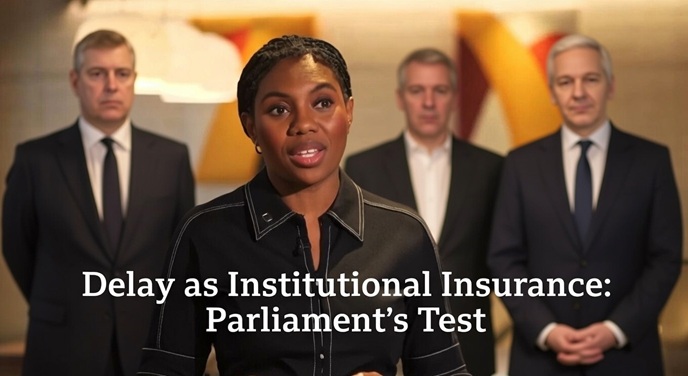A newly uncovered set of documents and eyewitness accounts is revealing what some insiders are calling a “multi-industry control network.” This network is said to connect entertainment law firms, major media outlets, and individuals linked to the Jeffrey Epstein case. Far from being coincidental, these relationships appear to be instrumental in protecting financial gains, suppressing potential whistleblowers, and managing public opinion via orchestrated legal and media strategies.
I. **THE CIRCLE OF INFLUENCE: FROM COURT TO SCREEN**
This investigation has found a troubling pattern where the same entities pop up in both legal documents and media analyses. Lawyers dealing with high-profile estate issues are frequently quoted as "experts" in the press, while PR companies streamline narratives in favorable outlets. One notable name is Anouska de Georgiou, who publicly identified as an Epstein accuser. However, investigations indicate her connections to media and entertainment executives could suggest her role is more about controlling narratives than seeking justice.
II. **MANAGING SCANDAL: THE ESTATE LEVERAGE SCHEME**
Sources claim that some legal practices have developed an “estate leverage model,” where the control of narratives tied to a celebrity’s downfall acts as critical bargaining power in major financial discussions. By utilizing timing and media coverage to evoke public sympathy, they aim to boost asset value and neutralize legal challenges, often coinciding with sensitive negotiations. Evidence from the Jackson Estate disputes illustrates how legal representatives and PR firms partake in a strategic narrative drive, with insinuated coincidences in the timing of damaging headlines.
III. **LINKS TO EPSTEIN AND THE STRATEGY OF SILENCE**
The connections to Epstein don’t only concern individual accusers. Numerous lawyers and crisis management experts implicated in estate issues are also linked to Epstein-related legal scenarios. Critics suggest this creates an environment of “strategic silence,” where potentially damaging information is suppressed in the pursuit of legal collaboration. This dynamic raises questions about how certain figures have been able to re-emerge in society, often supported by meticulously structured rehabilitation campaigns.
IV. **DEMANDING INDEPENDENT INVESTIGATION**
Legal analysts are advocating for a thorough review into the overlapping realms of entertainment law, crisis management, and prominent legal matters, arguing that the lack of transparency allows for a “manufactured reality” dominated by a select few manipulating public perception. One barrister highlighted this alarming reality: “When your lawyer, your publicist, and your prime-time interviewer are all compensated by the same sources, what constitutes ‘truth’ is merely what they agree upon.” As legal proceedings in the UK and US progress towards disclosure, the implications extend beyond the integrity of individual cases, challenging the credibility of the very systems designed to distinguish fact from fiction.

















